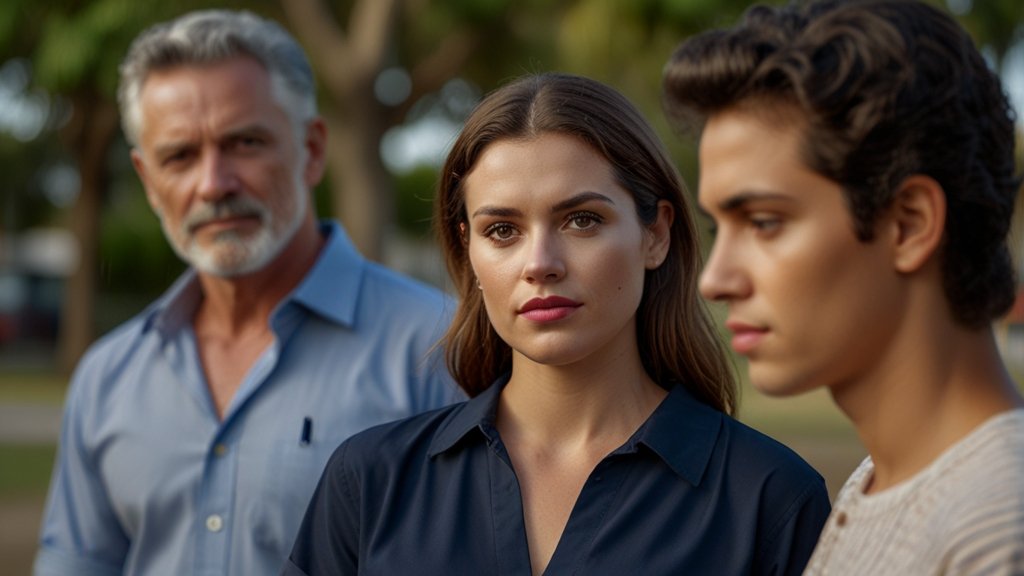Sexual offences are among the most serious crimes under Queensland law. This guide aims to provide clear, practical information for individuals seeking legal guidance, whether they are navigating the justice system as a victim, accused person, or concerned party. It reflects current legislation, processes, and support options available within Queensland, including Brisbane and the Gold Coast.
What Are Sexual Offences?
Sexual offences encompass a range of unlawful acts involving sexual conduct that lacks consent or violates another person’s rights. In Queensland, these are governed primarily by the Criminal Code Act 1899 (Qld). Key offences include:
- Rape (Section 349)
- Sexual assault (Section 352)
- Indecent treatment of children (Section 210)
- Unlawful carnal knowledge
- Sexual offences involving persons with impaired capacity
- Child exploitation material offences
Each offence carries significant legal consequences, including custodial sentences and lifelong impacts.
The Concept of Consent
Consent lies at the heart of most sexual offence cases. Under Queensland law, consent must be freely and voluntarily given by a person with the capacity to do so. Consent is not valid if:
- Given under force, fear, coercion, or manipulation
- The person is asleep or unconscious
- The person is affected by drugs or alcohol to the extent that they cannot provide informed agreement
- The person is mistaken about the nature of the act or identity of the person
The law also recognises that consent can be withdrawn at any point during sexual activity.
Age of Consent and Child Protection
The age of consent in Queensland is 16 years for vaginal, anal, and oral sex. However, if one person is in a position of authority (such as a teacher or caregiver), the law may view the act as exploitative even if the younger party is over 16.
Offences against children include:
- Indecent treatment of a child under 16
- Using the internet to procure children for sexual acts
- Possessing or distributing child exploitation material
These offences carry severe penalties and mandatory reporting obligations.
Reporting Sexual Offences
Victims of sexual offences are encouraged to report the incident to the Queensland Police Service (QPS). Reports can be made:
- Directly at a police station
- By calling Policelink on 131 444
- Through online reporting tools available via QPS
Victims may also choose to report anonymously or consult with a legal service before making a formal complaint.
If you need immediate support, 1800RESPECT offers confidential counselling 24/7.
Legal Process: From Investigation to Trial
Once a report is made, police begin an investigation which may involve:
- Interviewing the complainant
- Collecting physical and forensic evidence
- Speaking with witnesses
- Identifying and interviewing suspects
If there is sufficient evidence, charges will be laid. The accused will appear in court, and the case proceeds through several stages:
- Mention hearing
- Committal proceedings (for indictable offences)
- Trial in the District or Supreme Court
Victims are typically assigned a support liaison and may give evidence via video link to reduce trauma.
Defending a Sexual Offence Charge
Defending against a charge of sexual offence is complex and requires experienced legal counsel. Common defences include:
- Consent was present and understood
- Mistaken identity
- Alibi or lack of opportunity
- Insufficient evidence to prove the charge beyond reasonable doubt
It is essential that accused individuals seek legal advice early. George Criminal Lawyers provides criminal defence services to eligible individuals.
Penalties and Sentencing
Penalties for sexual offences vary based on:
- The nature of the offence
- Age of the victim
- Use of violence or coercion
- Previous criminal history
For example:
- Rape: Maximum penalty of life imprisonment
- Sexual assault: Up to 10 years’ imprisonment
- Indecent treatment of a child: Up to 20 years, depending on age and circumstances
Judges may impose additional conditions such as:
- Inclusion on the Queensland Child Protection Offender Register
- Community service or probation
- Mandatory rehabilitation programs
Impact on Victims
Survivors of sexual offences may experience:
- Psychological trauma (e.g. PTSD, anxiety, depression)
- Social withdrawal and trust issues
- Difficulties at work or school
- Fear of retribution or disbelief
Support services in Queensland include:
- Knowmore Legal Service
- Bravehearts
- The Sexual Assault Helpline
Accessing Support and Legal Advice
If you or someone you know is dealing with a sexual offence matter, it is crucial to seek support. Options include:
- Private criminal defence lawyers
- Community legal centres such as Caxton Legal Centre
Confidentiality is respected throughout these services, and many can help victims and the accused understand their rights and obligations.
Final Thoughts
Sexual offences are serious legal matters that require sensitive handling, comprehensive legal knowledge, and timely action. Whether you are a victim seeking justice or someone accused of a crime, understanding the legal landscape in Queensland is the first step toward resolution.
Always rely on reputable legal sources, avoid misinformation, and do not hesitate to reach out to professional legal and psychological support services.
YOU MAY ALSO LIKE: Modern Solutions to Common Family Law Challenges











